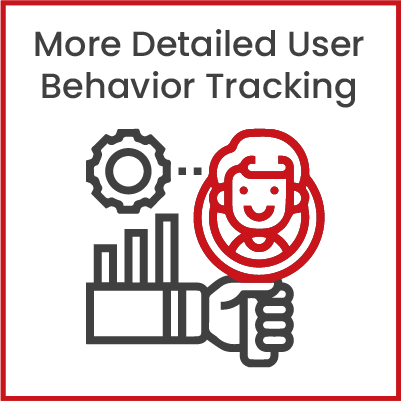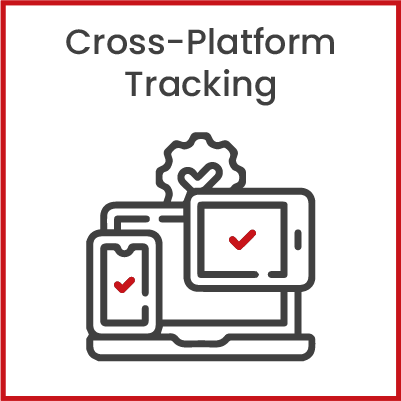One of the most popular web analytics tools for tracking and analyzing website traffic, user behavior, and other metrics is Google Analytics. Many organizations desire to switch their current Google Analytics 3 (GA3) accounts to the new GA4 after the release of Google Analytics 4 (GA4). The GA3 to GA4 upgrade and its effects on eCommerce will be explored in this blog.
GA4 against GA3

The distinctions between GA3 and GA4 must be understood before we load up the upgraded process. GA3 tracks user behavior using a conventional tracking methodology that depends on cookies and pageviews. On the contrary, GA4 has an event-driven paradigm that enables companies to track more intricate user activities like clicks, scrolls, and video views.
The fact that GA4 offers more specific information on user activity across various platforms and devices, including mobile apps and websites, is another important distinction between GA3 and GA4. Additionally, GA4 has more sophisticated machine learning and artificial intelligence capabilities, enabling companies to optimize their marketing efforts and obtain deeper insights into user behavior.
GA3 to GA4 Upgrade

Having established the distinctions between GA3 and GA4, let’s examine the upgrade procedure. The transition from GA3 to GA4 is reasonably simple, but careful planning is required to prevent the loss of important data.
The creation of a new GA4 property in your Google Analytics account is the first step in the upgrade procedure. Then, in order to move data from GA3 to GA4, you can link your current GA3 property to your new GA4 property.
It’s essential to keep in mind that while some data, like user demographics and traffic sources, can be transferred automatically, other data, like custom dimensions and metrics, needs to be explicitly established in GA4.
Impact on eCommerce

Now that we understand the upgraded process, let’s explore the impact of the GA3 to GA4 upgrade on eCommerce. The upgrade to GA4 provides several benefits to eCommerce businesses, including:

1. More Detailed User Behavior Tracking: GA4’s event-driven model allows eCommerce businesses to track more complex user interactions, such as clicks, scrolls, and video views. This precise tracking gives businesses more profound insights into user behavior, allowing them to optimize their marketing campaigns and improve their user experience.

2. Cross-Platform Tracking: GA4 allows businesses to track user behavior across multiple devices and platforms, including mobile apps and websites. This cross-platform tracking provides businesses with a more comprehensive view of user behavior, enabling them to optimize their marketing campaigns and user experience across all platforms.

3. Advanced Machine Learning Capabilities: GA4 includes advanced machine learning capabilities that allow businesses to gain deeper insights into user behavior and optimize their marketing campaigns. These capabilities include predictive metrics forecasting future user behavior and automated insights identifying trends and opportunities.

4. Improved Privacy Controls: GA4 includes improved privacy controls that allow businesses to comply with data privacy regulations, such as GDPR and CCPA. These controls include a user-centric approach to data collection that will enable users to control their data and opt out of tracking if desired.
In general, upgrading from GA3 to GA4 is a simple procedure that offers eCommerce organizations a number of advantages. These advantages include enhanced privacy protections, cross-platform tracking, more precise user activity tracking, and advanced machine learning capabilities. Upgrading to GA4 is a great choice if you run an eCommerce firm and are hoping to acquire greater insights into customer behavior and optimize your marketing strategies.






